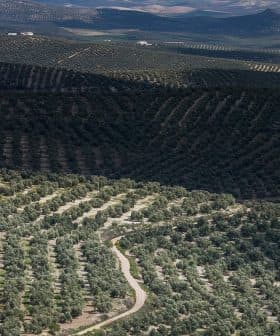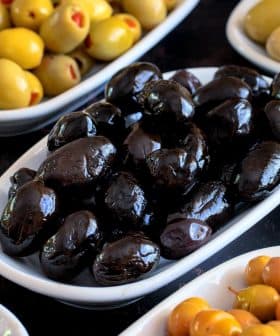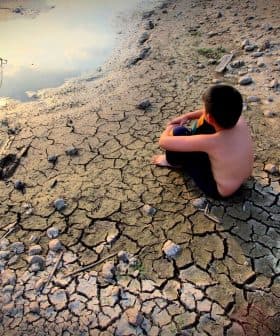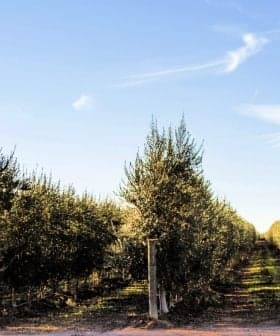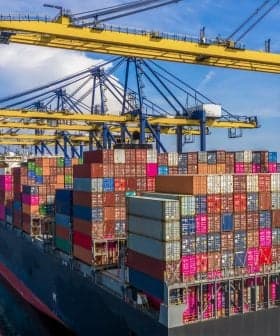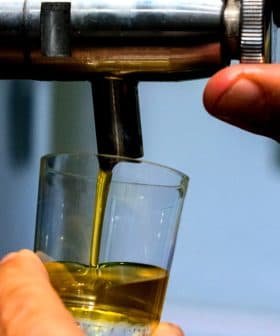Producers Warn of 'Incalculable Damage' in Wake of Filomena
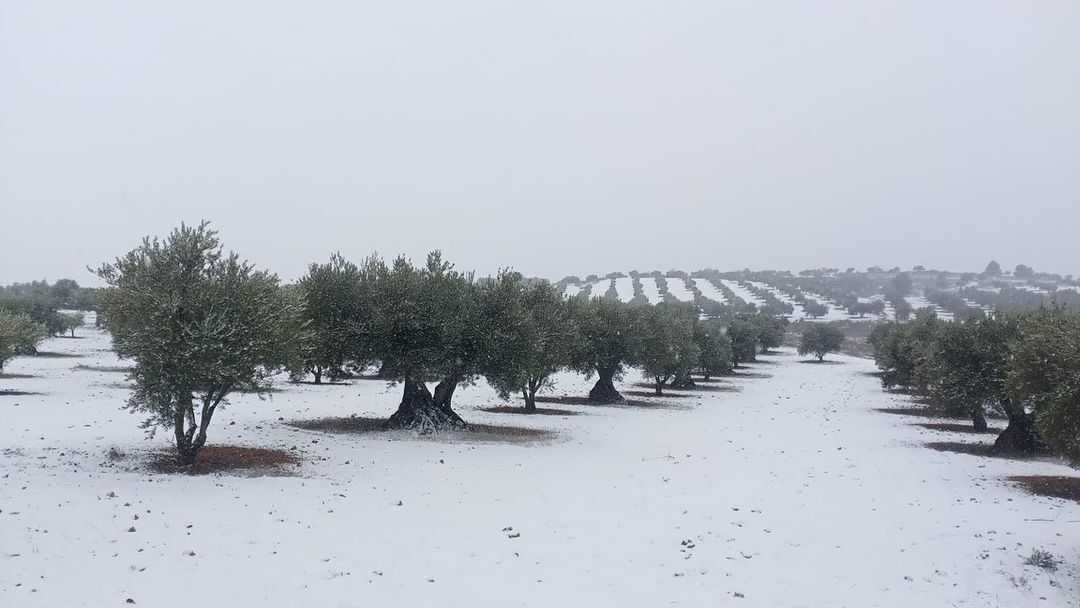
Storm Filomena caused an estimated €12 million of damage to olive growers in the Community of Madrid alone, with an estimated 90,000 tons of olives expected to be harvested in the 2020/21 crop year. The damage includes unharvested fruits, broken branches, and uprooted trees, with producers facing substantial costs and future losses due to the storm.
Storm Filomena has caused an estimated €12 million of damage to olive growers in the Community of Madrid alone, according to the regional branch of the Association of Young Farmers (Asaja Marid).
The historic winter storm passed through Spain on January 8 and 9, dumping 50 centimeters of snow on the central and northern parts of the country and killing four people. It was the largest blizzard to hit the Iberian peninsula in more than 50 years.
We are talking about future losses of €10 million per year until the olive groves return to their current situation.
According to Francisco José García, the president of Asaja Madrid, at least half of the 63,000 tons of olives that had not yet been harvested in the autonomous community prior to the onset of the blizzard were irreparably damaged.
In total, an estimated 90,000 tons of olives were expected to be harvested in the 2020/21 crop year. Based on initial estimates, this figure is likely to fall to 58,500 tons.
See Also:2020 Harvest Updates“We had barely harvested 30 percent of the estimated 13 million kilograms of olives. Of all the amount that remained, we will surely lose three or four million,” said Julián Valdericeda, the secretary of the Community of Madrid-based Recespaña Cooperative. “And this is a very optimistic estimate because the damage cannot yet be accurately assessed due to the difficulties in mobility.”
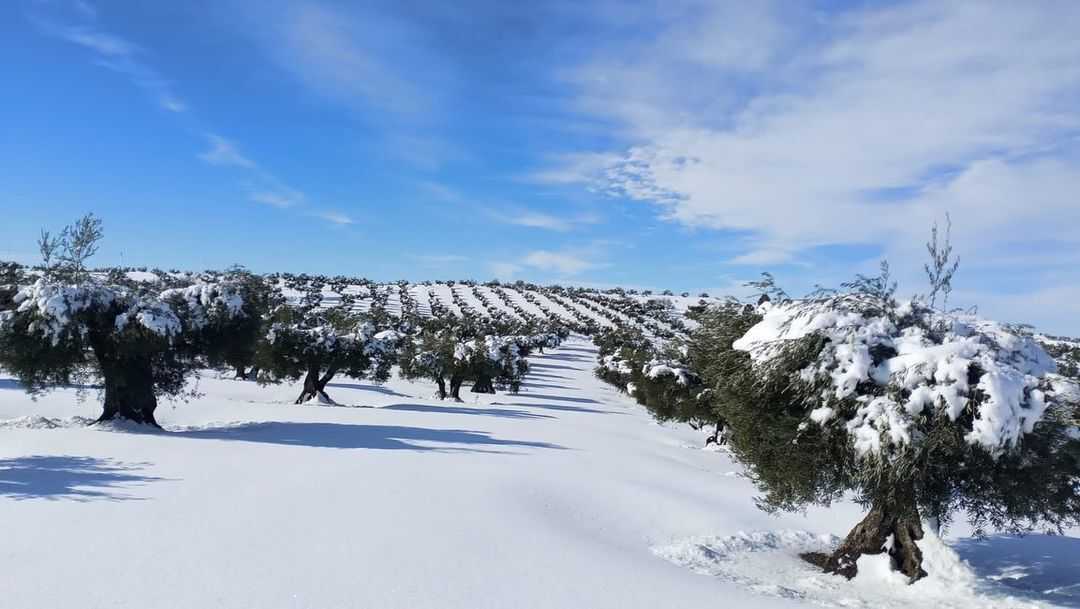
Recespaña Cooperative
“We have barely been able to advance a kilometer in an absolutely snowy environment,” he added. “All of the olives are under the snow.”
Valdericeda estimated that the full extent of the damage would not be known for at least another week, as freezing temperatures have prevented most of the snow from melting and made any recovery efforts incredibly difficult.
Aemet, Spain’s state-run meteorological agency, has placed the vast majority of the Community of Madrid and neighboring region of Castile-La Mancha under a severe weather advisory due to the extremely low temperatures.
“We will have to wait and see under what conditions [we find the remaining olives], factoring in a consequent loss of quality and its influence on price,” Valdericeda said.
Along with the damage done to unharvested fruits, many producers reported broken branches and uprooted trees.
“Many have lost branches due to the weight of the snow. There are many broken branches,” Valdericeda said. “The little that we have been able to see has been daunting.”
The prospect of many trees suffering from broken branches is particularly worrying to producers as it increases their vulnerability to pests and infection.
Combined with the damage to associated buildings and machinery caused by Storm Filomena, José García said producers are facing substantial costs far into the future.
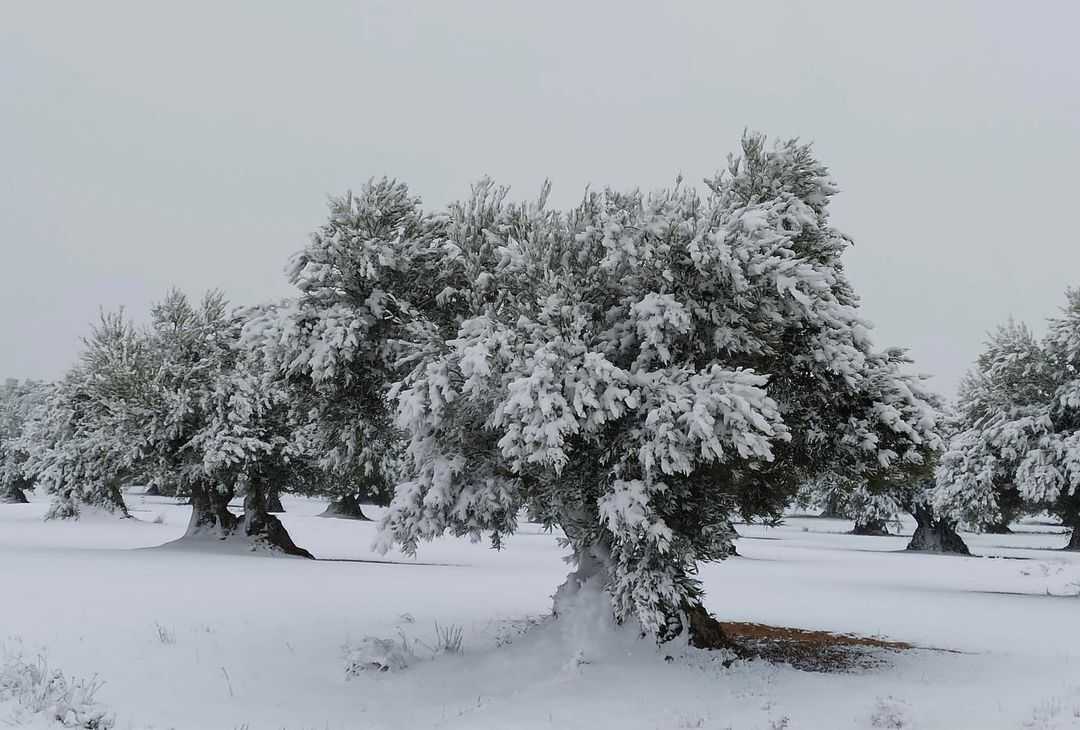
Recespaña Cooperative
“The specific problems of the olive grove are not going to be exclusive to this year,” he said. “They are going to spend two or three campaigns, if not more, trying to recover. We are talking about future losses of €10 million per year until the olive groves return to their current situation.”
José García added that this latest natural disaster comes within the context of the perennial climatic challenges olive growers in central Spain have had to face over recent years.
“We must not forget that the olive grove and other crops in the region have been facing very hard times either due to droughts or torrential rains,” he said. “In the end, Filomena is yet another setback. It is absolutely necessary that the authorities take the appropriate measures to alleviate the consequences of this new blow.”
To that end, Asaja Madrid has already requested that the local authorities make an emergency declaration in order to free up funds to help with the recovery.
However, for many farmers in central Spain, the damage from Filomena has already been done and no realistic amount of government aid will be enough to make up for what has been lost.
“It’s going to be catastrophic,” said Félix Expósito, an olive grower and member of the Recespaña governing council in Villarejo de Salvanés, a town 45 kilometers southeast of Madrid. “In 62 years, I’ve never known something like this. The snow that has fallen on other occasions would end up going away in a day or a day and a half, but right now everything is the same as on Friday (January 8). Everything is still covered and it will continue like this.”
“Of the 600,000 kilograms that we estimated for this campaign, we have barely collected 30,000,” he added. “The economic loss is going to be very important and not only because of the oil from this campaign, which can no longer be sold as extra virgin oil, also in the future due to the damage to the trees.”
“Plants are like people,” he concluded. “The strongest will endure, but others who are not prepared will end up suffering.”


